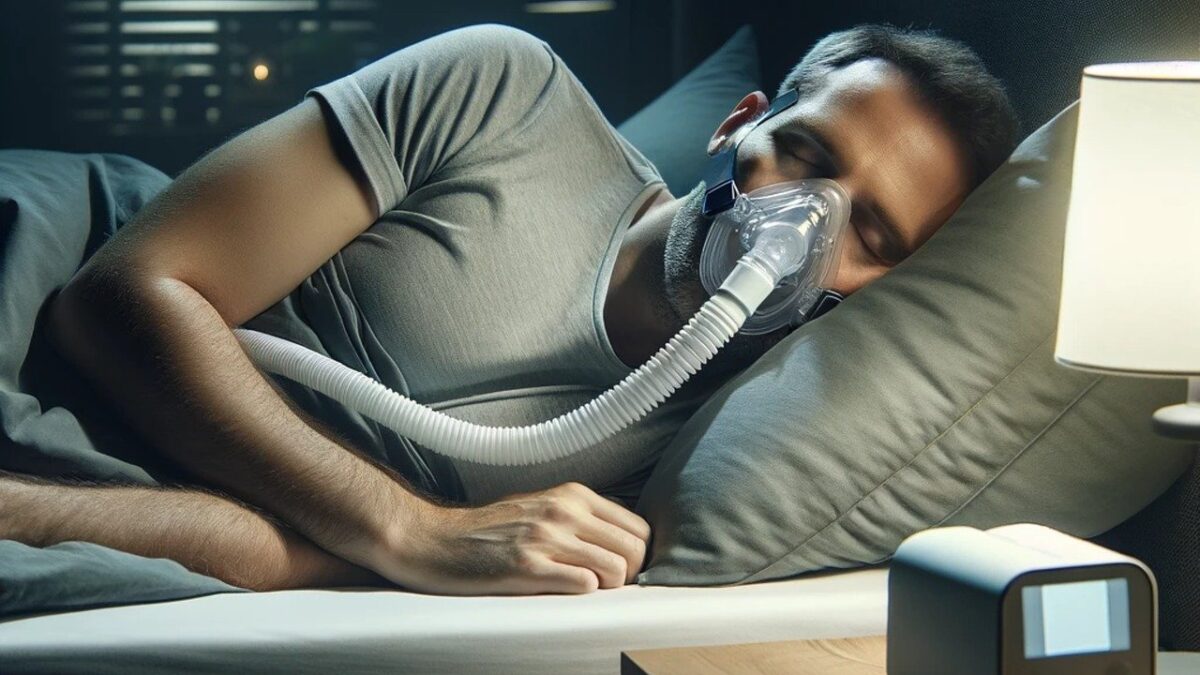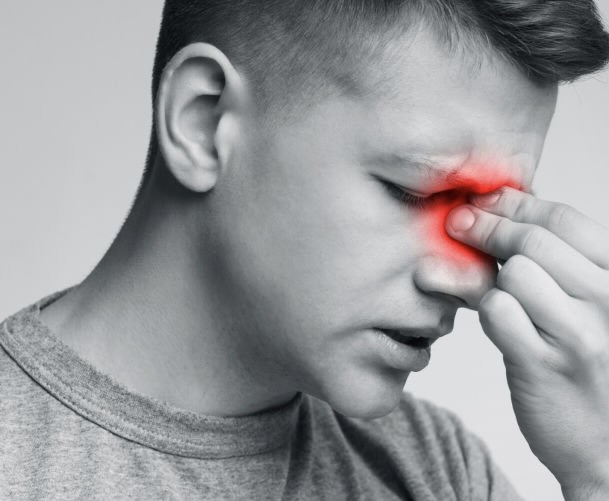Snoring and Sleep Apnea
Snoring:
Although snoring, which is observed in approximately 50% of the population, may not pose significant health issues, it can create a serious discomfort socially and lead to various problems if left untreated. Inability to sleep well, chronic fatigue, respiratory pauses during sleep (apnea), and even depression are just a few of these problems. Especially individuals experiencing sleep apnea, where respiratory pauses occur during sleep, must be included in the treatment process. Prolonged pauses in breathing for more than 10 seconds can invite a heart attack. Additionally, heart enlargement and concentration disorders are among different symptoms of the same problem.
Is snoring a disease?
Snoring, which is a situation that disturbs individuals sharing the same household, is not defined as a physical illness. However, since it falls under the category of social disorders, we can talk about it in that context. When looked at from another perspective, snoring can lead to serious health problems and even sudden deaths when it causes respiratory pauses. In this sense, although snoring is not a disease, it is evident that snoring is a condition that invites illness.
What are the symptoms of sleep apnea?
Interrupting breathing during sleep and causing a person to be deprived of oxygen prevents the transition to REM sleep, which allows the body to rest. Therefore, individuals experiencing sleep apnea, where breathing stops briefly during sleep, complain of waking up tired, exhausted, and unhappy every morning. Excessive sweating is also a sign of sleep apnea. In fact, excessive sweating results from the lack of oxygen in the body. Moreover, reduced oxygen intake by the body causes the heart to work more, eventually leading to its enlargement. Concentration disorders, inability to focus, and a desire to sleep after meals can also be listed among the symptoms of sleep apnea.
Who experiences snoring and sleep apnea?
The most common feature of individuals who snore is being overweight and middle-aged. It can be said that snoring is more common in men than in women. Individuals with a short neck may also experience sleep apnea along with snoring. Rapid weight gain is observed to cause snoring in both men and women.
What increases snoring and sleep apnea?
The most common factor that increases both snoring and sleep apnea is weight gain. Additionally, alcohol intake can increase snoring as it leads to the relaxation of muscles. Smoking is one of the factors that trigger snoring. In snoring treatment, patients are advised to adopt a healthy diet and engage in sports or exercise.
How is sleep apnea diagnosed?
For the most accurate diagnosis of sleep apnea, the patient needs to undergo a sleep test called polysomnography. This test allows obtaining clear data about the area causing respiratory pauses and cessation of breathing during sleep. Based on this information, the patient is directed to the appropriate treatment.
How is snoring treated?
Snoring, where sleep apnea does not accompany it, is referred to as simple snoring. Factors such as the patient's height, weight, lifestyle, smoking and alcohol use, and sleeping positions are examined. If it is concluded that snoring is due to nasal congestion, nasal surgeries may come into play. When snoring is caused by the physical structure of the throat, different surgical methods may be required. Various treatment methods can be applied in cases where snoring is associated with the structure of the soft palate (such as radiofrequency, soft palate implants). CPAP sleep masks can be a solution in cases where sleep apnea accompanies snoring. Alternatively, surgical methods can also be applied. However, all patients experiencing snoring should pay attention to their weight and, if necessary, lose weight in a healthy way through diet programs.




